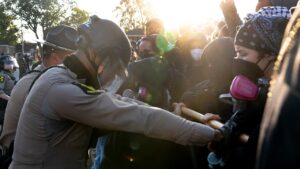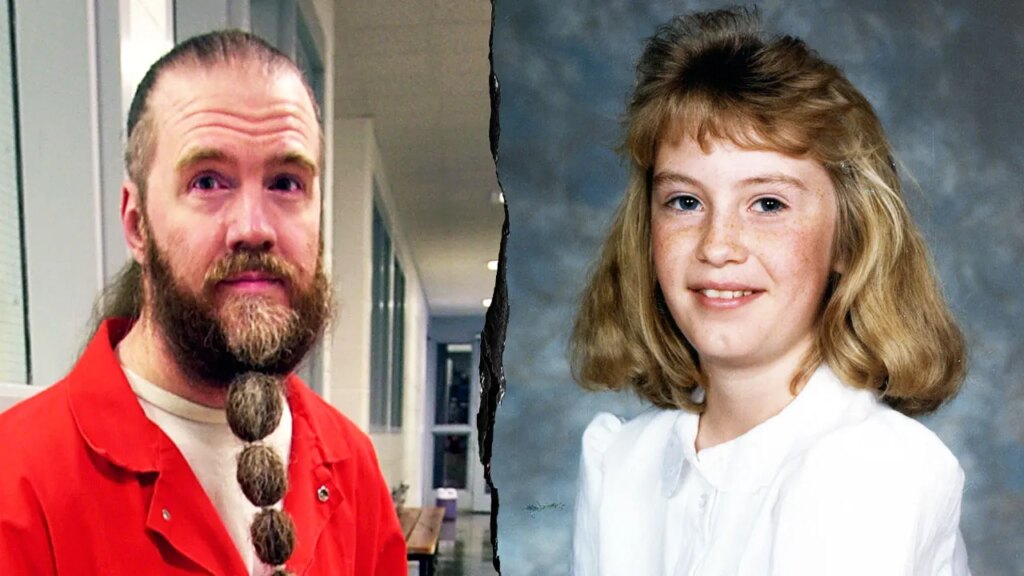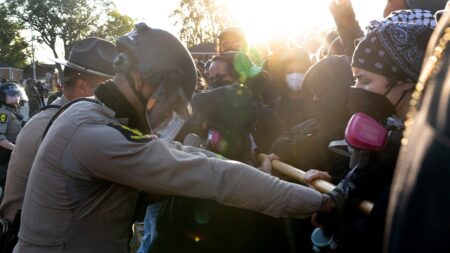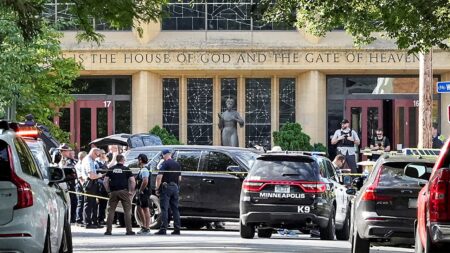NEWYou can now listen to Fox News articles!
Rebecca Lafferty forgave her father, convicted killer Dan Lafferty — not to excuse his crimes but to free herself.
Ron Lafferty, her uncle and Dan’s accomplice, was convicted and sentenced to death for the 1984 killings of Brenda Lafferty, his sister-in-law, and Brenda’s 15-month-old daughter, Erica. Dan was convicted of two counts of first-degree murder and sentenced to life in prison. The shocking case was later chronicled in Jon Krakauer’s best-selling book, “Under the Banner of Heaven: A Story of Violent Faith,” and inspired the Hulu series of the same name.
Lafferty is now telling her story in a memoir, “The Lafferty Girl: Surviving Trauma, Abuse, and My Father’s Crime.” In it, the mother of three reveals how she quietly dealt with years of shame — and how forgiveness became her path to peace.
RACHEL MORIN’S MOTHER EXPLAINS PAINSTAKING PROCESS OF WRITING STATEMENT TO READ AT KILLER’S SENTENCING
Even decades later, the memory of Brenda and baby Erica endures. Their absence continues to shape the family’s story. In her book, Lafferty wrote, “Brenda and Erica, we love and miss you always.”
“Forgiveness meant facing the wounds, the deep hurts that I spiritually bypassed,” Lafferty told Fox News Digital. “I just brushed that pain aside and kept moving forward, not really looking at them, not really processing them. I later realized that when trauma is stored in the body, it never really leaves us. It’s still there.”
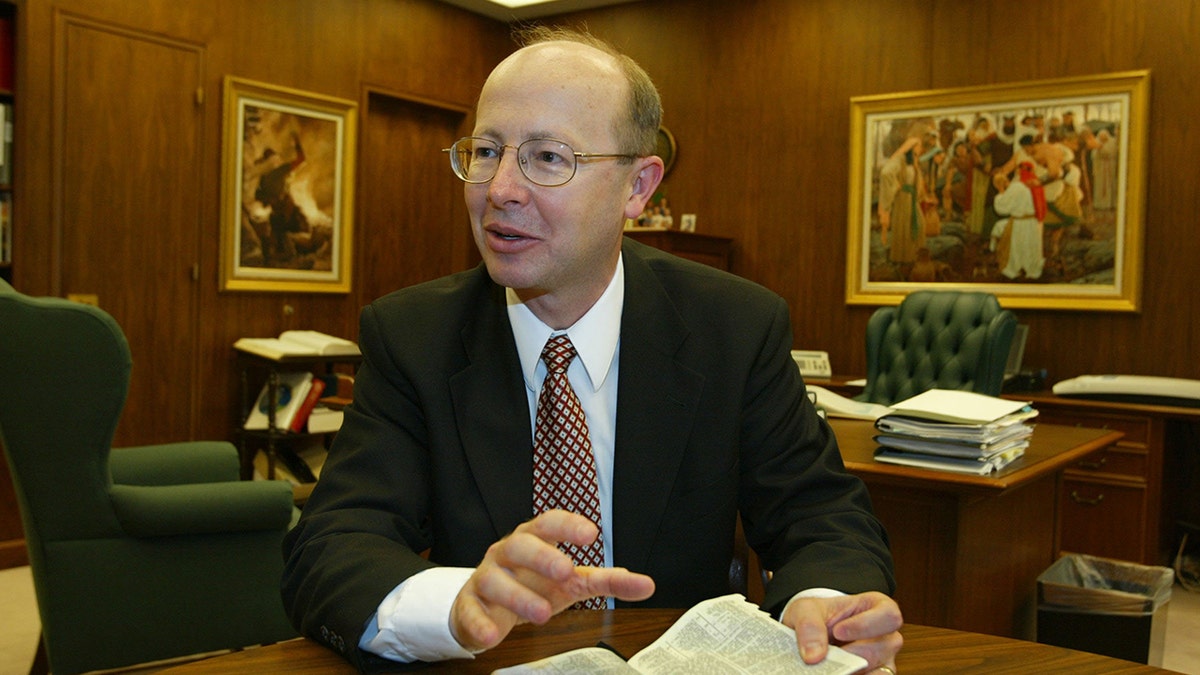
“I needed to turn to my own health, my own peace of mind,” the Salt Lake City resident admitted. “I wanted to move forward. I wanted to let that pain go. It wasn’t just about forgiving my father. It was more like I needed to release this stored trauma in me that I didn’t know I was still holding onto.”
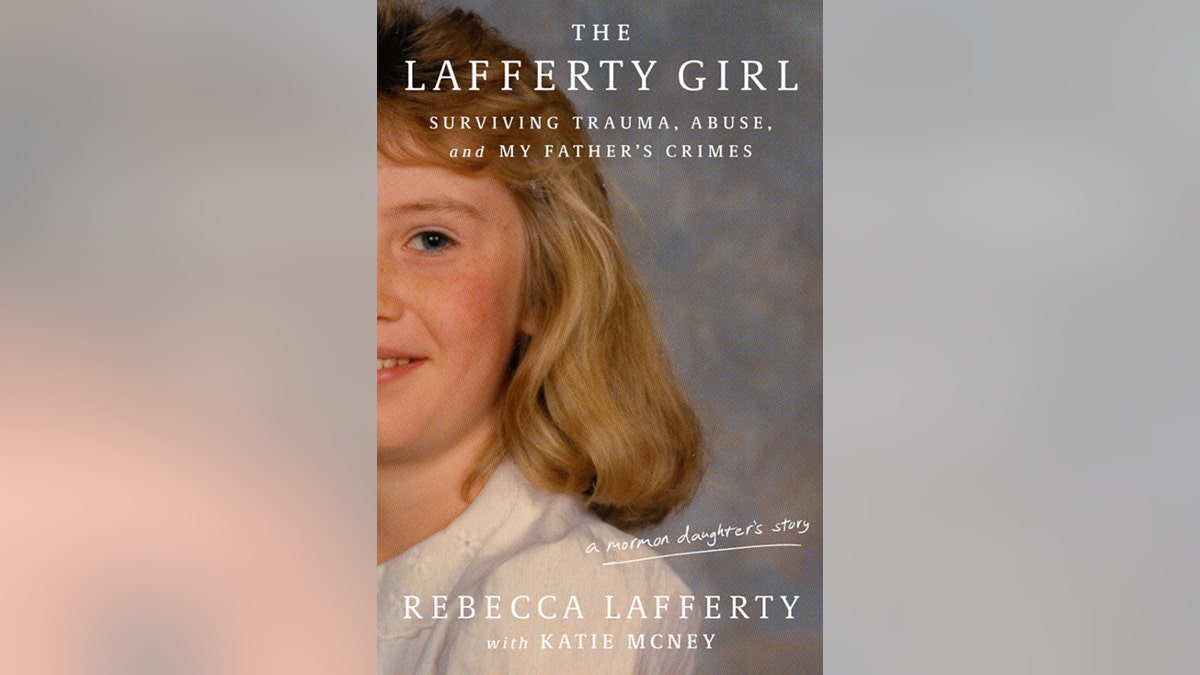
Lafferty credited hypnotherapy, as well as prayer and journaling, with helping her address her tumultuous childhood. She described how finding acceptance came down to “love and forgiveness.”
“I needed to forgive and love everyone in my life, including my dad,” she wrote in her book.
Lafferty described being raised in a strict and isolated household. As a toddler, her father punished her because he believed it was God’s will to “kill my spirit.” Following physical and emotional abuse, Lafferty became an anxious child who was constantly afraid of angering adults around her.
FOLLOW THE FOX TRUE CRIME TEAM ON X
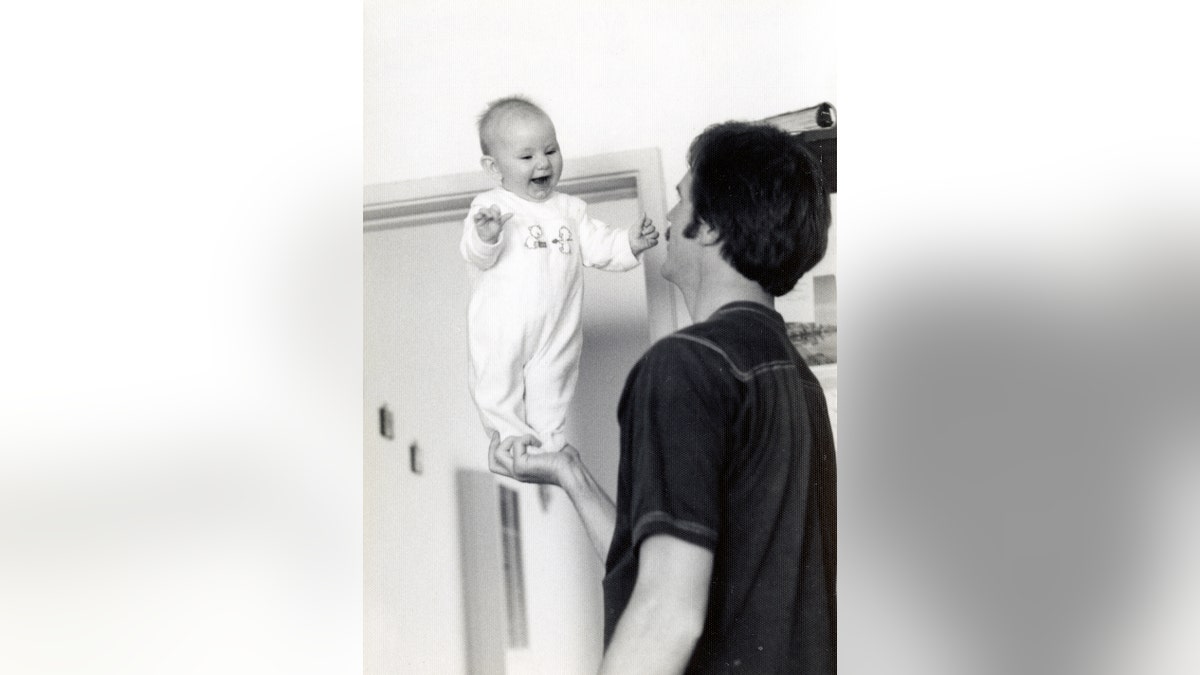
Dan immersed himself in fundamentalism and was excommunicated from the Church after he began pursuing outlawed principles such as plural marriage and rejecting church authority. He and Ron bonded over their shared radical beliefs.
Ron later said he received a revelation from God to kill his sister-in-law and her child in 1984 because of her resistance to his belief in polygamy, The Associated Press reported. The brothers carried out the killings.
Ron, who spent decades on death row, died in prison in 2019 at age 78 of natural causes. Dan, now 77, is serving two life terms without the possibility of parole.
In third grade, Lafferty sensed something was wrong. Her cousins refused to discuss the feeling she couldn’t shake. Her mother changed their last name, but everyone in town still recognized them.
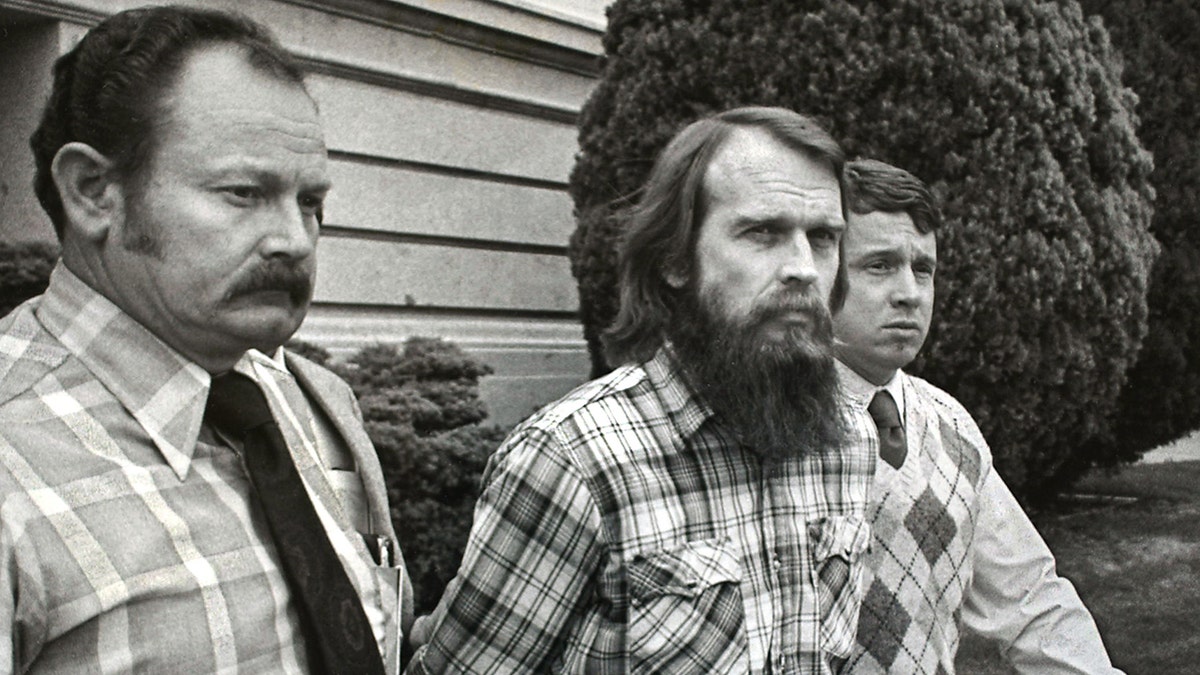
“I remember one kid in school whispered, ‘Rebecca, I know the truth. I know who you really are. I figured your little secret out,’” said Lafferty. “I was so mortified. What does this mean? And then another girl made a comment about my dad being a baby killer.”
It wasn’t until she was 12 years old that Lafferty’s mother told her the truth.
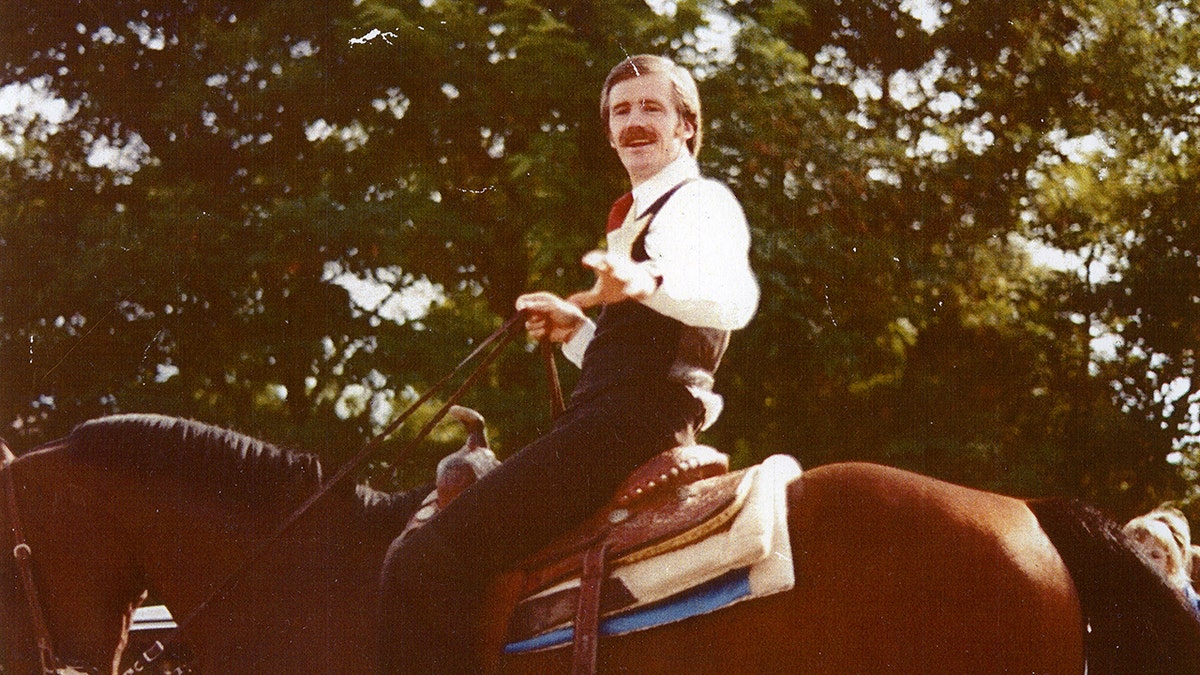
“It just broke my heart that my dad would do something so evil,” she said. “What does this mean about me? I was fundamentally flawed. Nobody was ever going to love me or want to be around me. My friends’ parents didn’t like me. They all thought I was probably the seed of evil. … They said something along the lines of, ‘I don’t want you hanging out with that Lafferty girl.’ So I always felt ostracized and pushed out. I felt like the evil one in town.”
SIGN UP TO GET THE TRUE CRIME NEWSLETTER
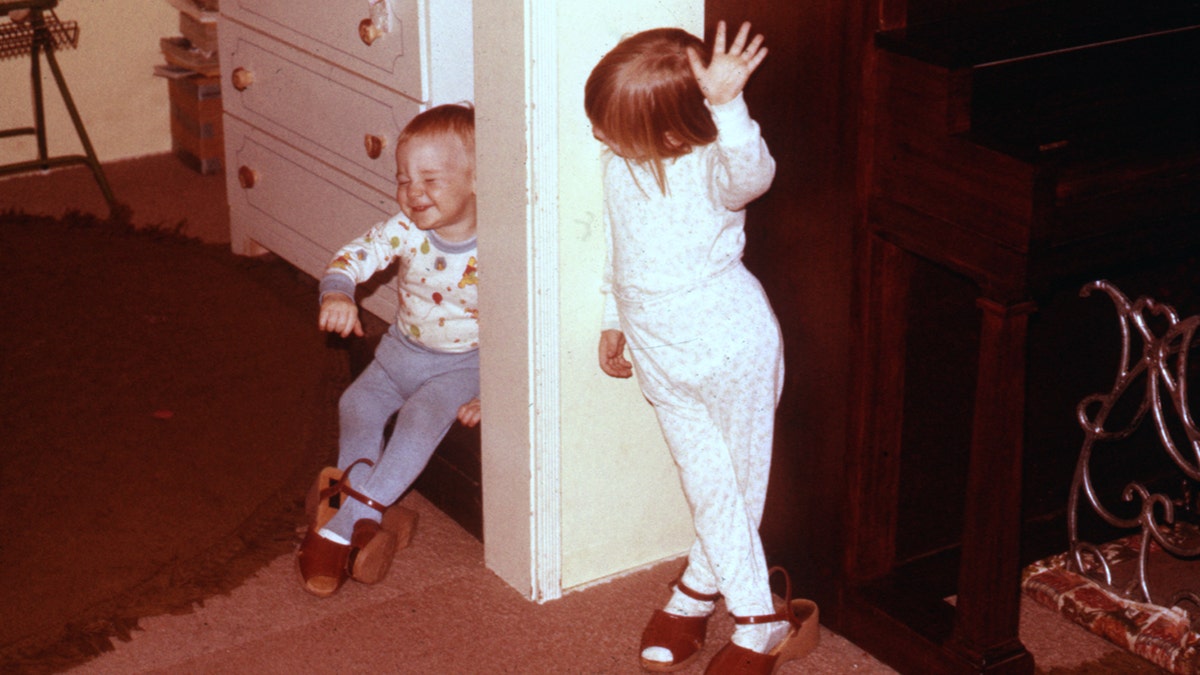
As an adult, Lafferty sought treatment to address the shame she privately carried for years.
“I met a woman who, well, listened to me,” Lafferty explained. “She had this gift of just listening. I felt seen by her. I didn’t feel like she was judging me. I felt her listening with her heart, and I trusted her. … We did sessions, and that was the first time I started to reconnect with a part of myself that I didn’t know I wasn’t connected with. … It helped me heal.”
Then in 2006, she decided to confront her past.
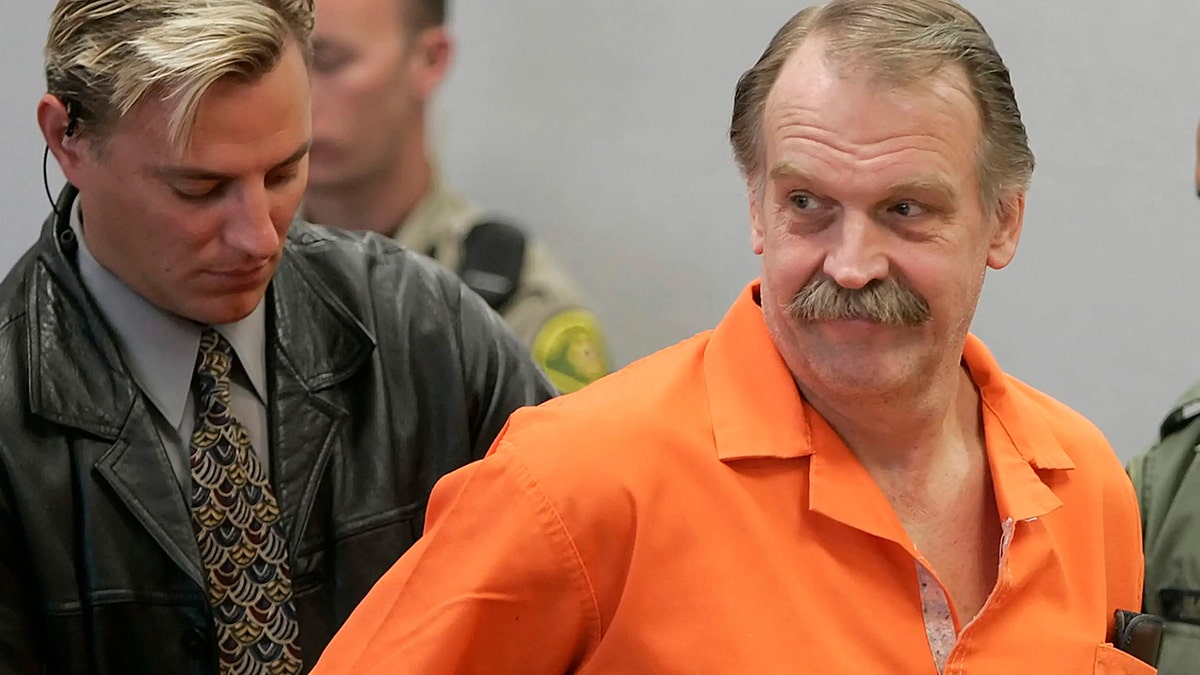
“[Seeing my father in prison] was a mix of emotions,” she said. “I was so scared. It was terrifying just to even go into the prison because of the way they treat you and talk to you. It’s very scary. And then sitting in front of my dad, seeing him behind this glass and all these chains, it really broke my heart. I still saw my dad, even though he did this monstrous thing. He was still my dad. I just chose to sit there and tap into that feeling of love for him, feelings I had when I was little for him.”
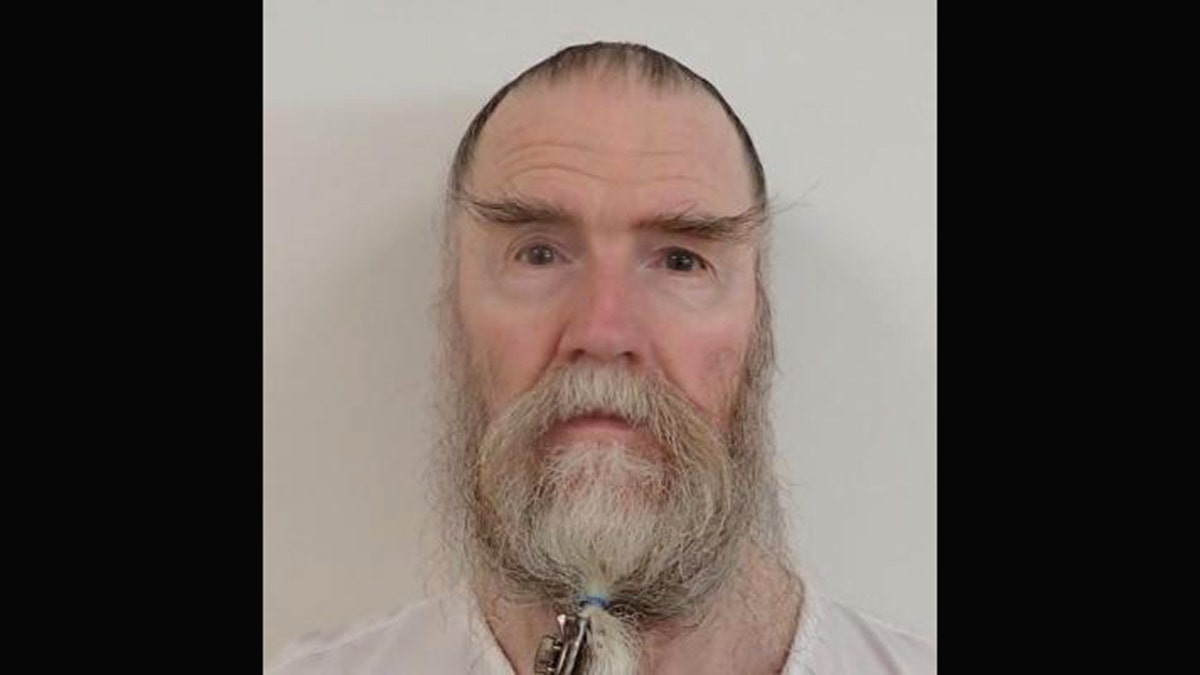
“He was so excited just to talk and talk,” she continued. “It was mostly just me listening. It was through numerous visits and letters that he was finally able to get to a place where he started asking me how I was and taking accountability for some of the things he’d done.”
Lafferty stressed that forgiveness didn’t mean condoning evil. It was about creating a new path for her and her family.
GET REAL-TIME UPDATES DIRECTLY ON THE TRUE CRIME HUB
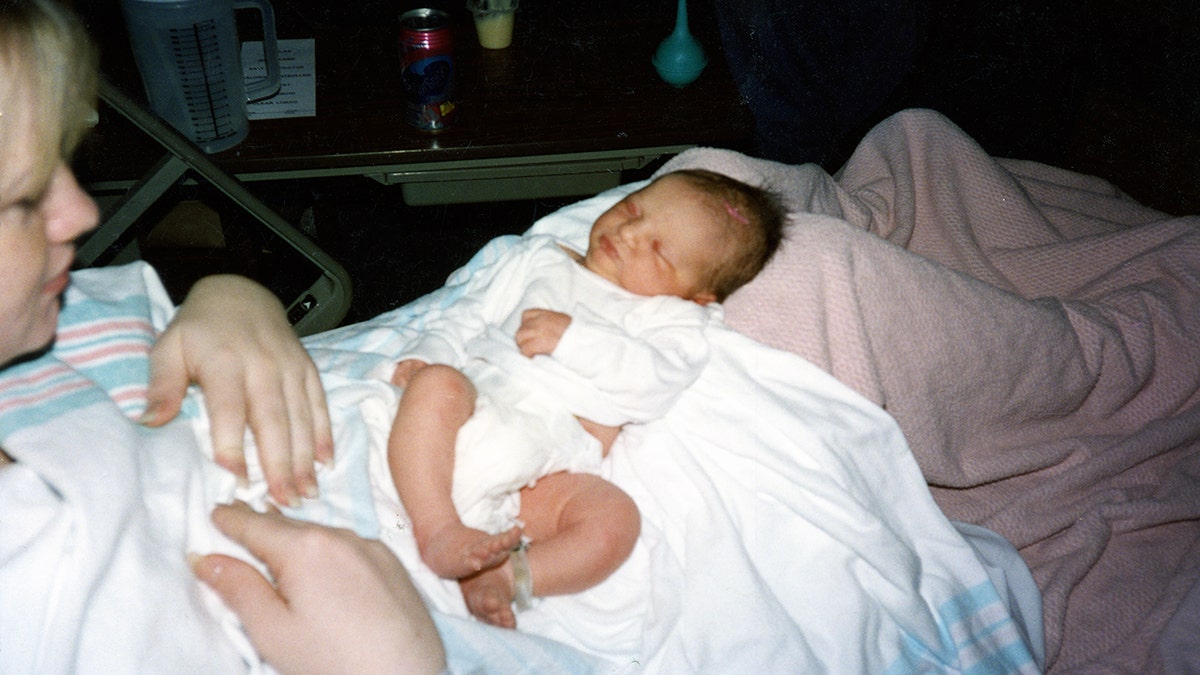
“I carried this self-loathing with me throughout my life and into every relationship I entered,” she wrote in her book. “As a result, I wasn’t capable of loving another person or finding a healthy partnership until I first learned to love and forgive myself and those who had hurt me.”
“Despite my father’s choices, I love him and choose to see the good in him because I love and forgive myself for my own choices,” she continued. “I’ve learned that you can still love someone unconditionally, even if you do not agree with or condone their actions.”
Lafferty told Fox News Digital that as a child, she felt “a sense of loyalty” to her father. As an adult, she sees things differently.
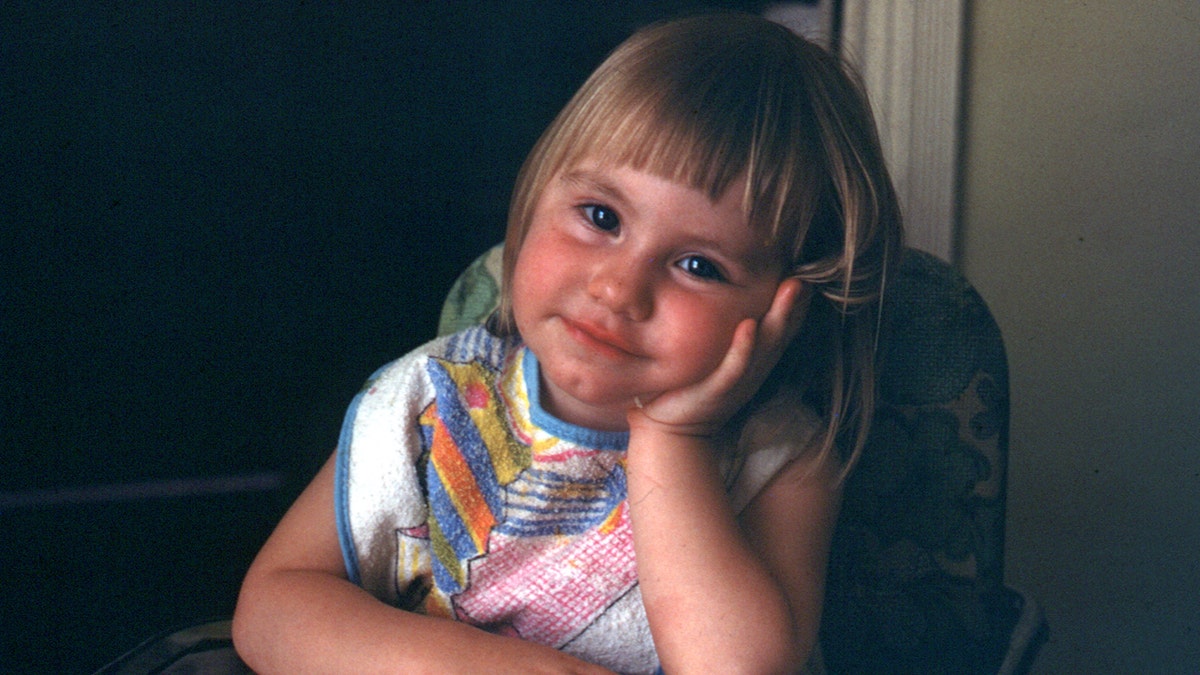
“I see … with a greater understanding of what my father’s upbringing was and what beliefs he has that created him to make the choices that he has,” she said. “Having that greater understanding allows me to have compassion and, at the same time, not agree with what he did.”
Lafferty said that for families like hers, who found themselves thrust into the spotlight, there’s resilience.
“Every choice we make has effects,” she said. “I want peace. I want to have normal relationships. I want to have a normal family. I do not want to keep repeating this generational trauma.”
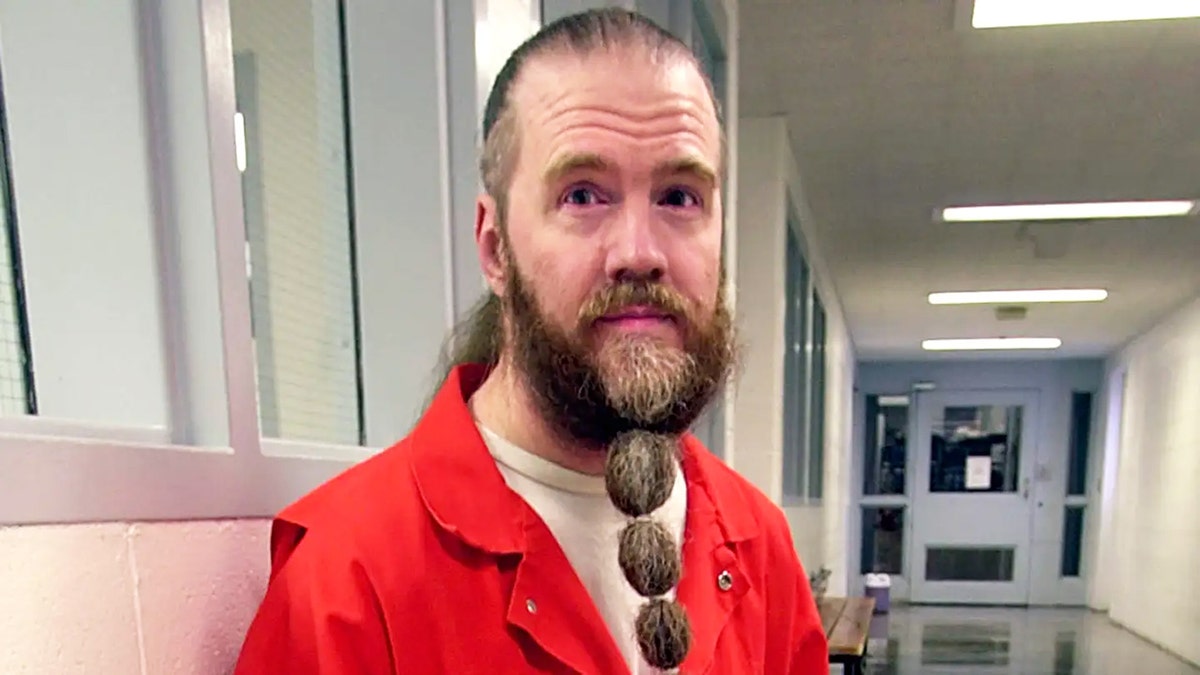
Today, Lafferty helps other women like her heal their emotional wounds as a hypnotherapist.
Randomly, she’d get a phone call from Dan. But after those 15 minutes, she wouldn’t know when she’d hear from him again.
“I am at the most peaceful I’ve ever been,” said Lafferty. “I feel like I’ve made amends to every aspect of my life. It’s really helped me to be a better listener and have compassion in my life — for my kids, for myself. Addressing my trauma really is freeing. It’s a peace or freedom that surpasses all understanding. And I never knew what that felt like. All I knew was that my nervous system was on all the time. I felt like something was out to get me. But peace is possible.”
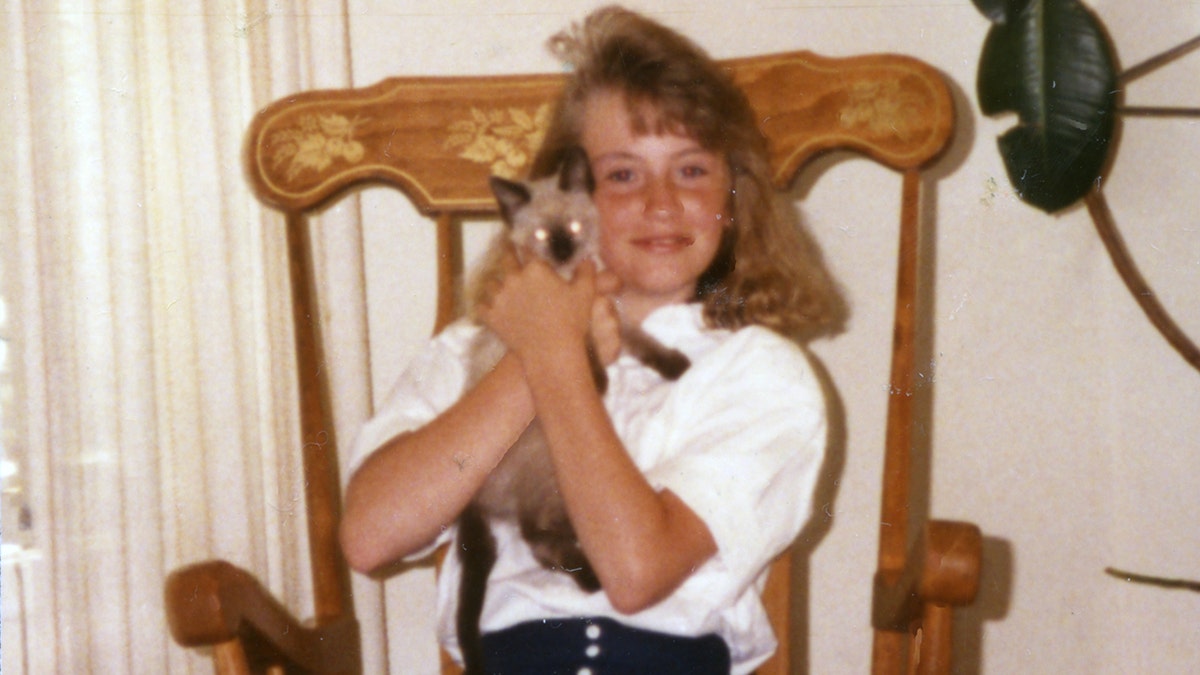
Lafferty feels gratitude for the chance to keep learning about Brenda’s life, even decades later. She also hopes that by speaking out, others in similar circumstances will tell their stories without fear.
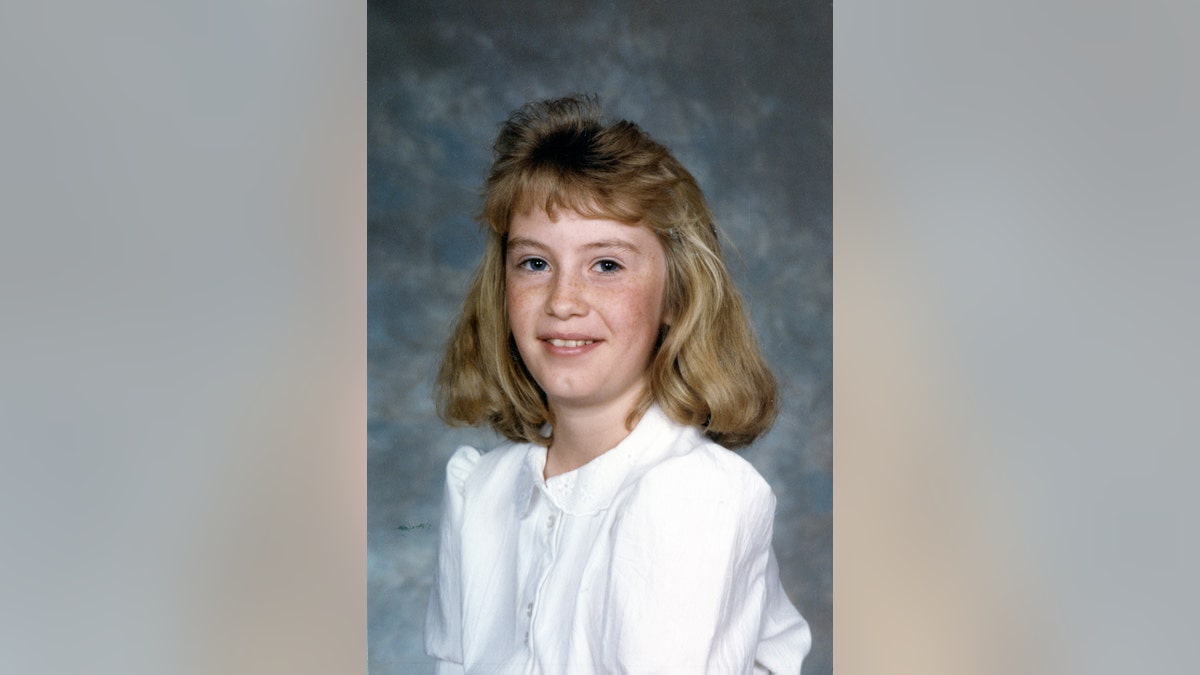
“There’s hope in healing,” she said.
Read the full article here
